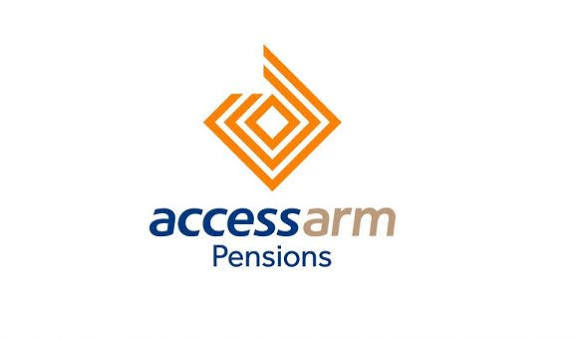OpenAI has shown interest in acquiring Google’s Chrome browser if antitrust regulators succeed in forcing Alphabet to sell it.
This came to light during testimony at Google’s ongoing antitrust trial in Washington, where the move is part of broader efforts to restore competition in the search market.
This disclosure was made by ChatGPT’s head of product, Nick Turley, while testifying at trial in the case where U.S. Department of Justice seeks to require Google to undertake far-reaching measures restore competition in online search.
The judge presiding over the trial in Washington ruled last year that Google holds a monopoly in online search and search advertising.
Google has not offered Chrome for sale and plans to appeal the ruling that it maintains a monopoly in online search and advertising.
Earlier in the day, Turley testified that Google had rejected a proposal from OpenAI to integrate its search technology into ChatGPT.
Turley stated that OpenAI approached Google after encountering problems with its existing search provider, though he did not name the provider. ChatGPT currently relies on Microsoft’s Bing for its search capabilities.
“We believe having multiple partners, and in particular Google’s API, would enable us to provide a better product to users,” OpenAI told Google, according to an email shown at trial.
OpenAI initially reached out to Google in July, and Google declined the request in August, citing concerns that the partnership would involve too many competitors, according to an email presented during the trial.
“We have no partnership with Google today,” Turley said.
Turley testified that the DOJ’s proposal to require Google to share its search data with competitors would help accelerate improvements to ChatGPT.
He emphasized that search is a crucial component of ChatGPT’s ability to deliver accurate and up-to-date answers to user queries.
During opening statements on Monday, prosecutors warned that Google’s monopoly in search could give it an unfair advantage in artificial intelligence, suggesting the company may use its AI products to funnel users back to its search engine.
Google, however, argues that the case is not about AI and maintains that it faces strong competition from other tech giants, including Meta Platforms and Microsoft.










